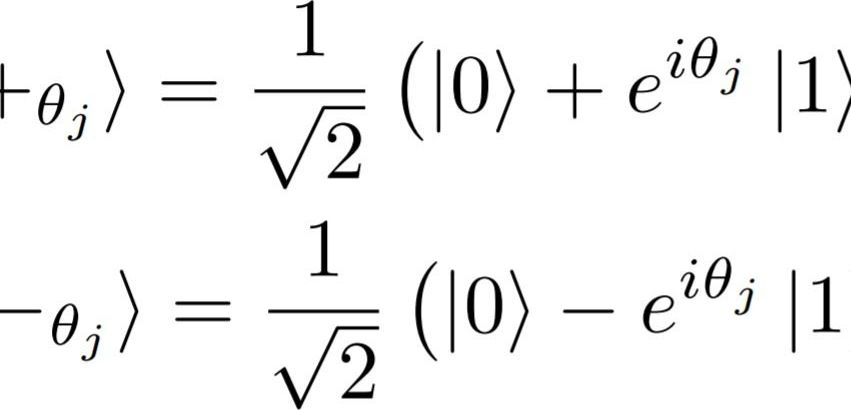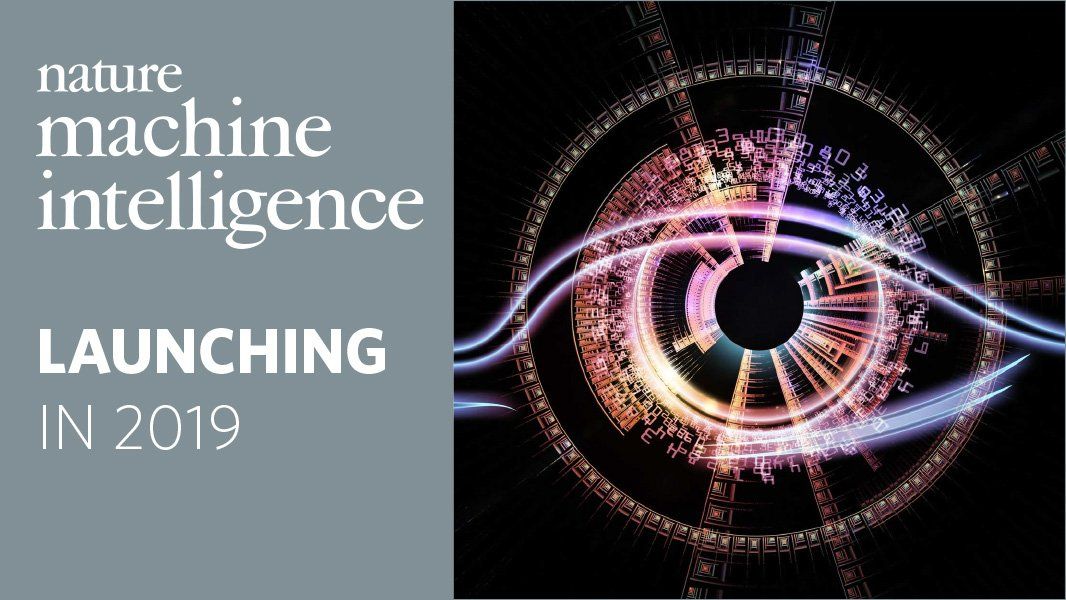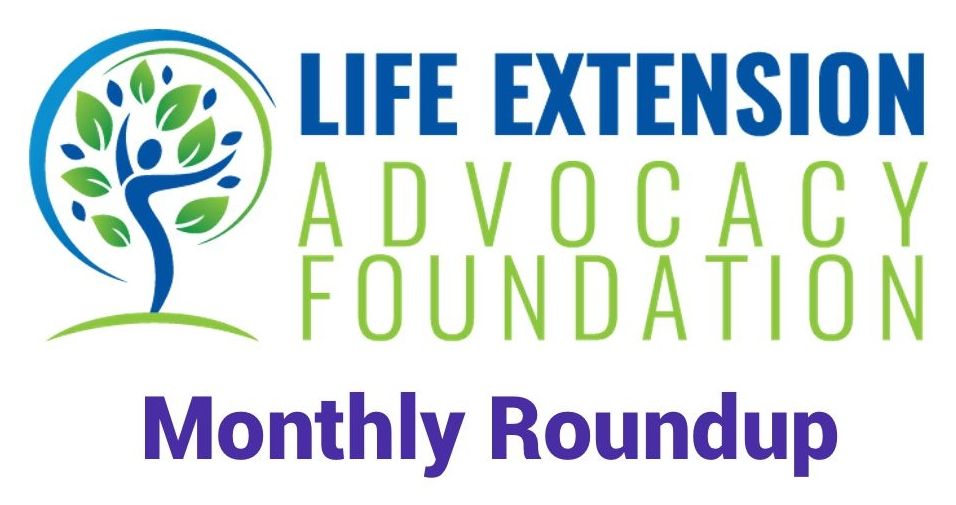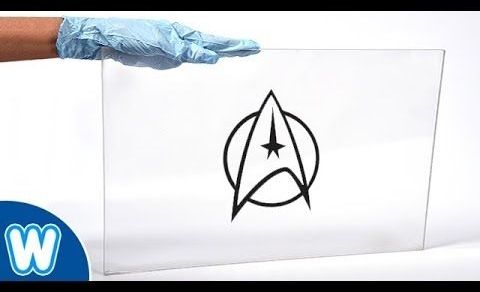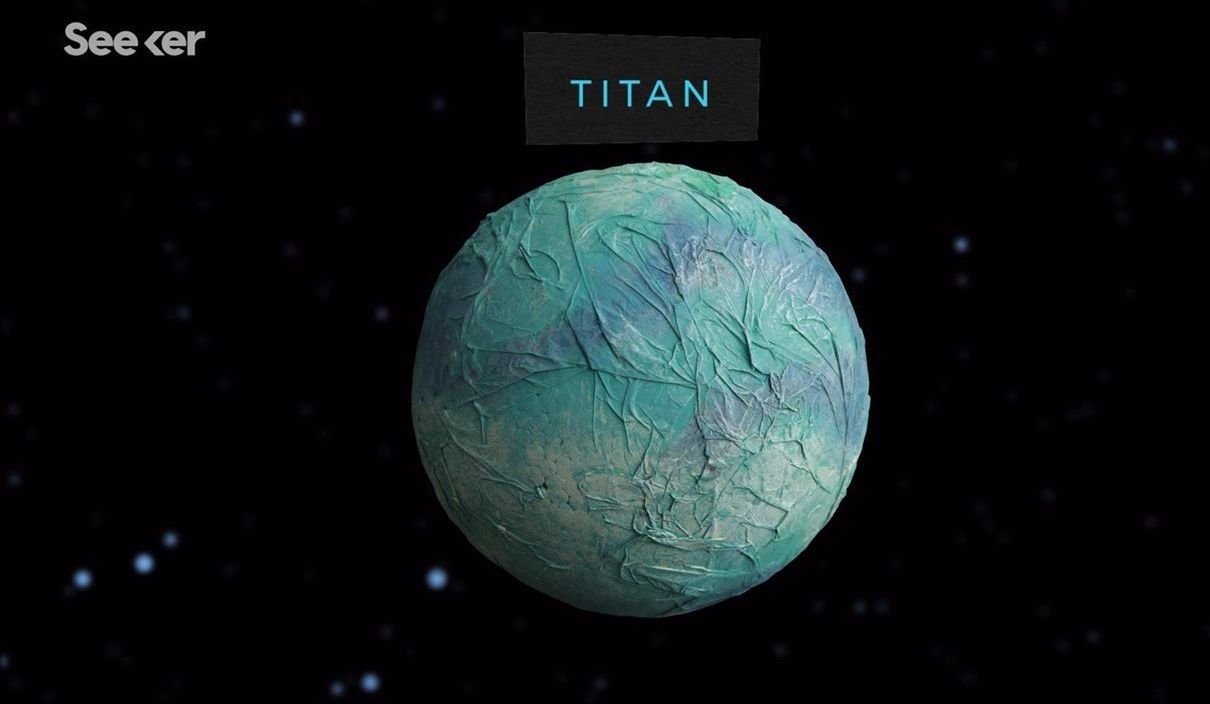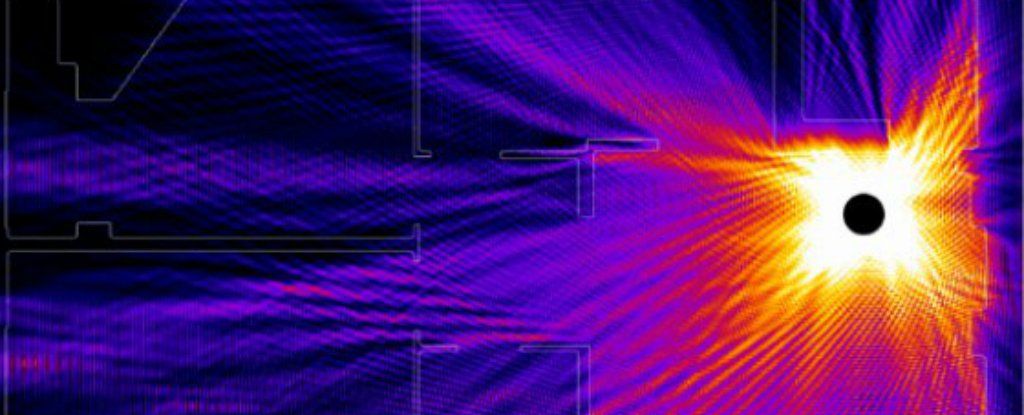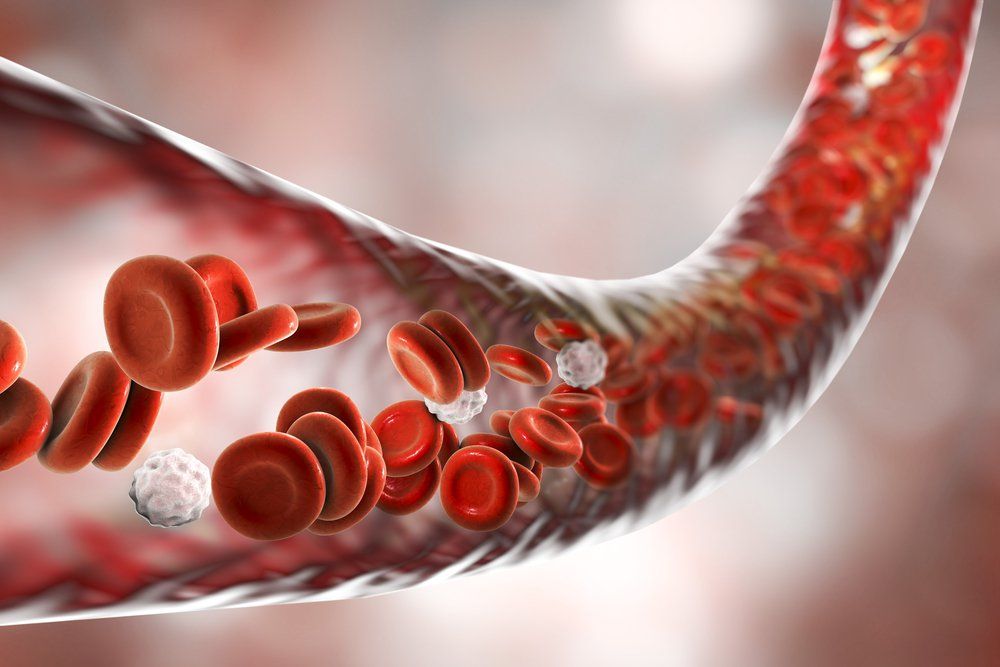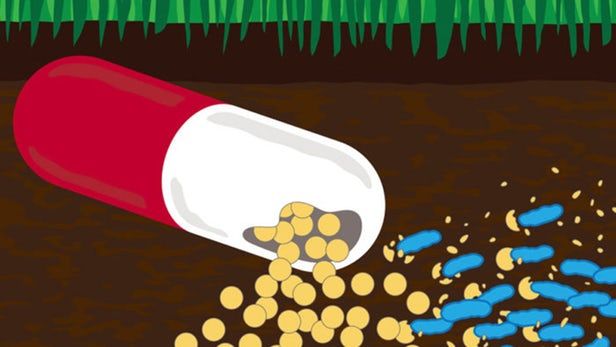May 1, 2018
If quantum computers threaten blockchains, quantum blockchains could be the defense
Posted by Genevieve Klien in categories: bitcoin, business, computing, encryption, quantum physics
Business Impact
If quantum computers threaten blockchains, quantum blockchains could be the defense.
Quantum computers could break the cryptography that conventional blockchains rely on. Now physicists say a way of entangling the present with the past could foil this type of attack.
